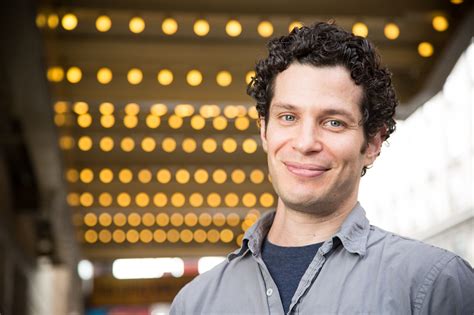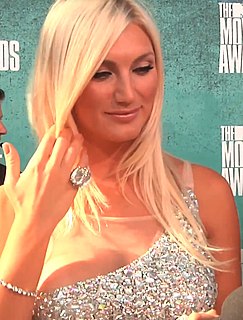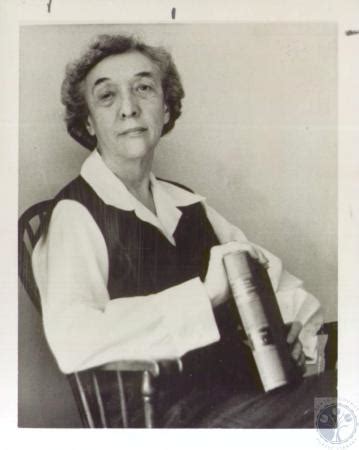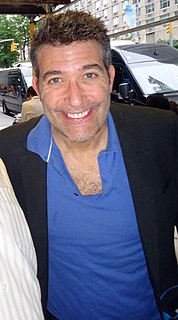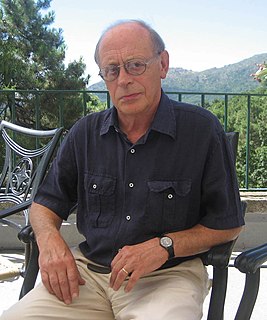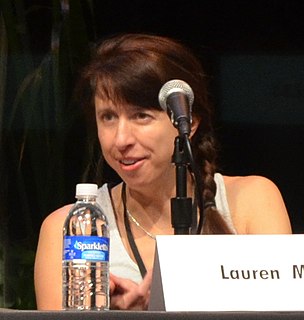A Quote by Thomas Kail
Fundamentally, one of the things I tend to migrate toward when I'm working is a story about people whose stories aren't told in theater.
Related Quotes
There are so many stories that need to be told and are not being told. We tend to want to put things in boxes: "This is a memoir about a Muslim," or "This is a memoir about a woman or a normal personal." There's a certain story that assumes to be universal. Everyone else is ethnic fiction. Anyone can aspire to universality.
I don't think that there's a target audience at all. These stories were in circulation. The stories were told by men, told in the marketplace by men, but also behind doors by women, but there's no real record of this. It's likely they were told by women to children in their interior rooms. The story could be a negative story, they could be presented as a, "Watch out! Women will get round you, do things to you, weave you in their toils." It could be buried in it an old cautionary story about women and their wiles.
I tend to gravitate toward the "act two," or "act three," or "act four" stories - either things that are underreported, where we think we already know the common narrative, or things that are at the margins of an over-reported story, where we're all so focused in one direction that we're missing something crucial that's unfolding off to the side.
Each of us is comprised of stories, stories not only about ourselves but stories about ancestors we never knew and people we've never met. We have stories we love to tell and stories we have never told anyone. The extent to which others know us is determined by the stories we choose to share. We extend a deep trust to someone when we say, "I'm going to tell you something I've never told anyone." Sharing stories creates trust because through stories we come to a recognition of how much we have in common.
William Shakespeare was the most remarkable storyteller that the world has ever known. Homer told of adventure and men at war, Sophocles and Tolstoy told of tragedies and of people in trouble. Terence and Mark Twain told cosmic stories, Dickens told melodramatic ones, Plutarch told histories and Hans Christian Andersen told fairy tales. But Shakespeare told every kind of story – comedy, tragedy, history, melodrama, adventure, love stories and fairy tales – and each of them so well that they have become immortal. In all the world of storytelling he has become the greatest name.
I love telling stories. When people interview me live I'm totally forthcoming about stories like that - as long as it's not going to be in print or recorded. It's just for whoever's in the audience. It's always been for me kind of fun and then everyone walks out of there, "She told this story about da da da" but nobody can prove it.
